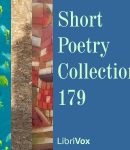
Short Poetry Collection 179
This is a collection of 39 poems read by LibriVox volunteers for April 2018. [chương_files]

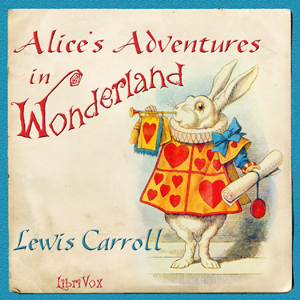
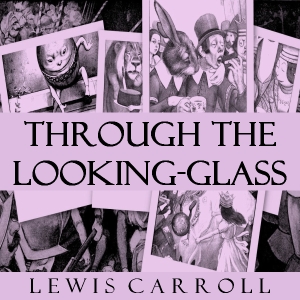
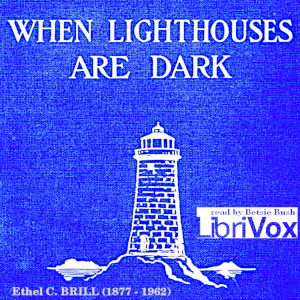

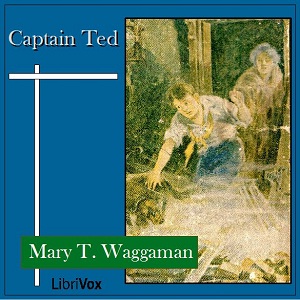

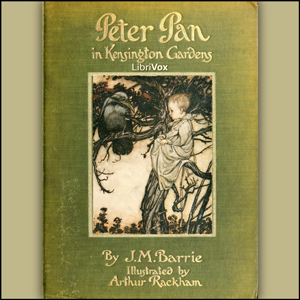

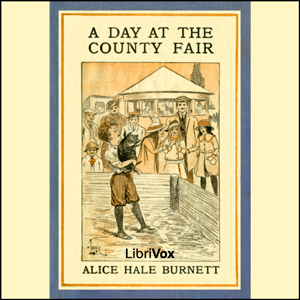
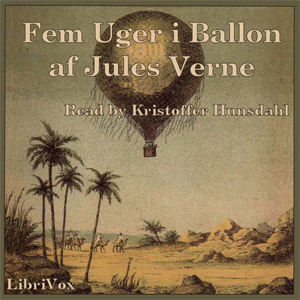
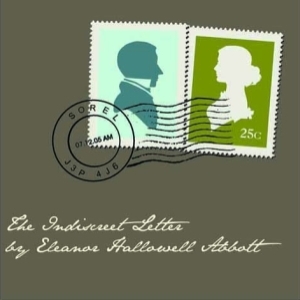

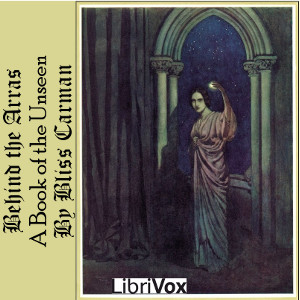
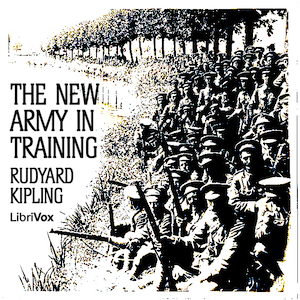
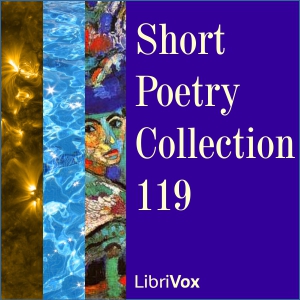
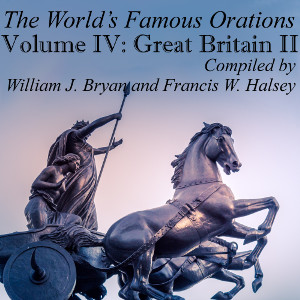
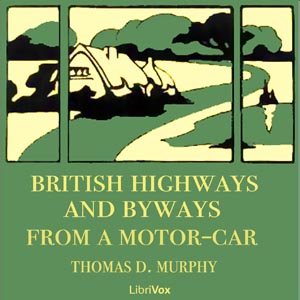


This is a collection of 39 poems read by LibriVox volunteers for April 2018. [chương_files]
A series of essays for music lovers, covering many topics. From music appreciation, to violin and symphony, music education, to piano and, in fact, the very origins of music, there is sure to be something for everyone. [chương_files]
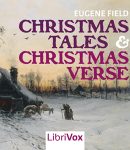
This is a collection of Christmas short stories and poems by Eugene Field, published in 1912. The stories beautifully evoke an old-fashioned spirit of Christmas, each presenting a different angle of this special holiday. – Summary by Carolin [chương_files]
This is a collection of 40 poems read by LibriVox volunteers for May 2017. [chương_files]
Elbert Hubbard is best known as the author of the “Little Journeys To The Homes of Famous People”. These 11 short stores show the side of him that celebrated caring, friendship love among humans. The first describes how 5 frightened orphan children from a foreign country were cared for on a railroad journey of a thousand miles; all by strangers without any planning and without a word of English being spoken or needed. He observed caring human men and women of all ages doing whatever was necessary to see they reached their destination in whatever comfort could be provided. His famous motto was “The mintage of wisdom is to know that rest is rust and that real life lies in love, laughter and work”. Hubbard [chương_files]
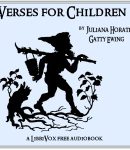
This is a volume of verses by JHG Ewing. Ms. Ewing was best known as an author of short stories and fairy tales, but this is a volume of rhymes for children. – Summary by Carolin [chương_files]

This is Sara Teasdale’s third published collection of poetry. The collection was published in 1915, and contains the famous poem “I Shall Not Care”, the melancholy and dark tone of which is often connected with her suicide in 1933. – Summary by Carolin [chương_files]
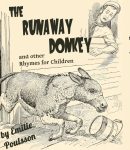
This volume contains 21 poems for children by Emilie Poulsson. In her own words, “In the belief that such rhymes as are herein offered gratify and increase in children both the love of animals and the sense of humor, this new volume is sent forth not only to give pleasure, but to contribute what it may to the fostering of these desirable traits.” (Preface) [chương_files]
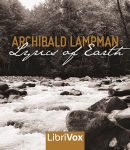
This is a volume of nature poetry by Canadian poet Archibald Lampman. Lampman is considered one of the most distinguished poets of his time, and is still widely read today. – Summary by Carolin [chương_files]
“In these days,” writes the renowned Bahá’í scholar, Mírzá Abu’l-Fadl, “which are the latter days of 1911, A. D. and the early days of 1330 A. H., I have seen a curious article which astonished me. What did I see? I find that one of the missionaries of the Protestant sect, who accounts himself among the learned men of the twentieth century, a helper of the pure religion of Christ and one of the civilized and cultured occidentals, by name, Peter Z. Easton, has been so provoked by jealousy at the universal spread of the heavenly word of His Holiness Abdul-Baha throughout vast expanses of Europe that he has trespassed the limit of courtesy and humanity and published an article replete with execration and calumny in the magazine “Evangelical Christendom.” …Briefly, as this servant [Mírzá Abu’l-Fadl] carefully perused and weighed the above mentioned article, it was found that Peter Z. Easton, in his own supposition, has clung to “four proofs” in opposing the great Bahai Cause. We will therefore mention these four points and show the falsity of his fanciful ideas in each instance.” A number of works were written in the 19th century to defend the Bábí and Bahá’í Faiths from attacks made by Muslim scholars and to demonstrate the spiritual proofs and evidences of the Revelations of the Báb and Bahá’u’lláh (notably the “Seven Proofs” of the Báb and the “Book of Certitude” of Bahá’u’lláh) . As the Bahá’í Faith spread to Europe and America in the late […]
Copyright © 2024 | FreeAudible